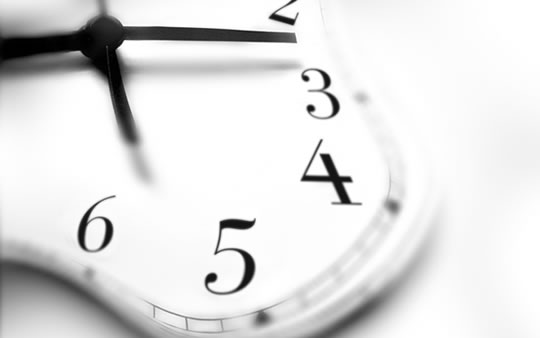Including: how naps affect the brain, how winter changes our sleep and how to wake up feeling relaxed and refreshed.
Sleep and mental health are irrevocably intertwined — too little or even too much can both be injurious to mental and physical health.
Yet it seems to be a state over which we have so little control.
Sleep has naturally fascinated researchers, who have asked how naps affect the brain, how winter affects our sleep and how to wake up feeling relaxed and refreshed.
Studies have also explored how lack of sleep affects our emotions and whether, if we cannot sleep, we become a different person after midnight.
So, here are 10 psychology studies from the members-only section of PsyBlog covering the latest sleep science.
(If you are not already, find out how to become a PsyBlog member here.)
1.
Sleep: The Ideal Amount For Optimal Mental Health (M)
Disruption of deep sleep, which occurs more during the first part of the night, is linked to memory problems and the build-up of proteins in the brain that are linked to dementia.
2.
Waking 100 Times A Night Is Normal And May Indicate Healthy Sleep (M)
The reason for these ultra-short awakenings is partly related to memory, the researchers think.
3.
How Your Mind Changes After Midnight (M)
We ruminate at night and it becomes more difficult to control ourselves.
4.
The Advice This Sleep Scientist Gives Every Insomnia Patient (M)
A sleep habit many people develop that unfortunately causes insomnia.
5.
Why In Winter It Feels Like You’re Running On Empty (M)
Sleep adapts to the seasons and human physiology is ‘down-regulated’ in the winter.
6.
How Lack Of Sleep Affects People’s Empathy (M)
Around half of people in developed societies do not get enough sleep.
7.
How To Wake Up Feeling Refreshed (M)
“How you wake up each day is very much under your own control, based on how you structure your life and your sleep.” – Professor Matthew Walker
8.
The Unusual Sleep Disorders That Are Difficult To Treat (M)
Parasomnias include a whole range of sleep disorders that are surprisingly difficult to treat.
9.
How A Daytime Nap Affects Your Brain Volume (M)
There is some stigma around napping, perhaps partly because excessive daytime napping can be a sign of Alzheimer’s.
10.
Sleep Is At The Heart Of Almost All Mental Health Issues (M)
Whether it is anxiety, schizophrenia, Tourette’s or depression, all have circadian rhythm disruption in common.
.











